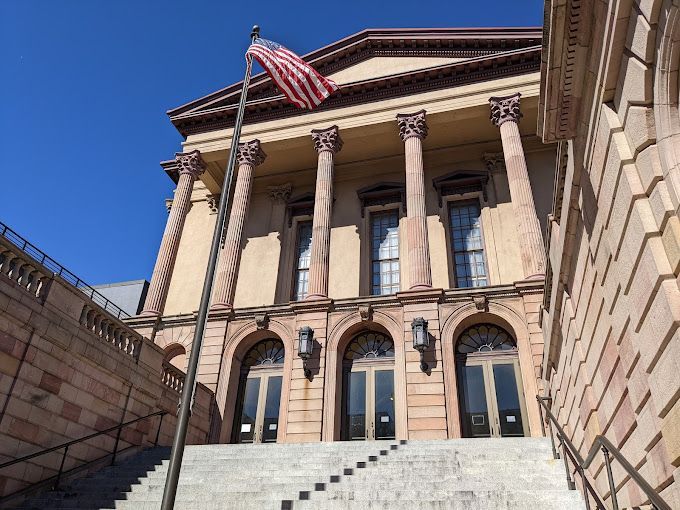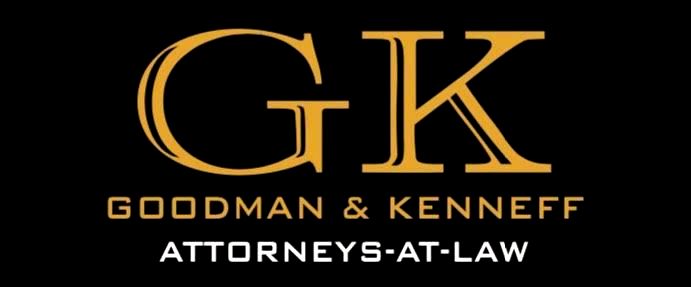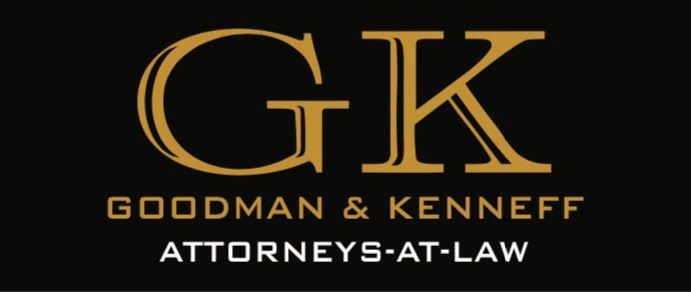
Generally, an executor of an estate is responsible for managing and distributing the deceased person’s assets according to their will. The first duty is to file the will and death certificate at the Lancaster County Register of Wills to start the legal process. After being officially appointed as the Executor or Executrix (female), the executor needs to inform the beneficiaries named in the will and notify creditors of the decedent’s passing. The executor needs to identify, locate, and value the deceased’s assets, including real estate, bank accounts, investments, and personal belongings. Once the assets are identified, the executor typically sets up an estate account and moves all the assets into that account. From that account, the executor would typically pay any bills and any inheritance taxes owed by the estate. Once taxes and debts are paid, the executor distributes the remaining assets to beneficiaries according to the will’s terms. The executor has a fiduciary duty to act in the best interests of the estate and its beneficiaries, following the terms of the will and applicable laws.
Being appointed as an executor or executrix, and settling a loved one's estate, is a great responsibility and entails considerable time and effort. Let Goodman & Kenneff help you through the Lancaster County estate administration and probate process.



